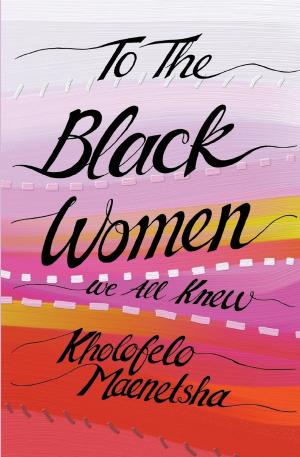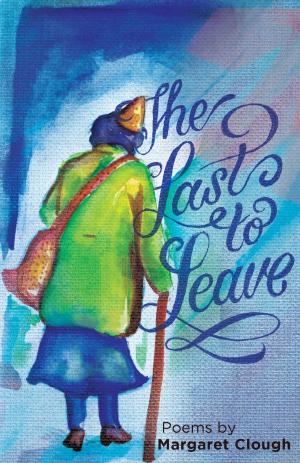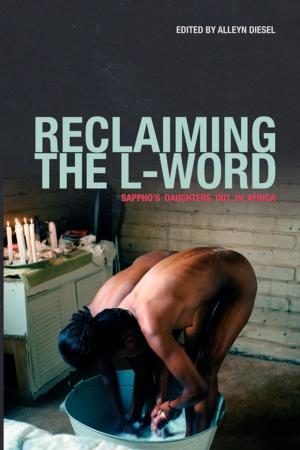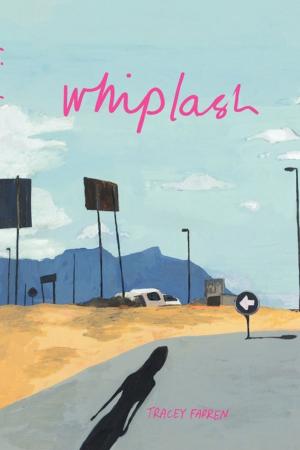| Author: | Toni Strasburg | ISBN: | 9781920590390 |
| Publisher: | Modjaji Books | Publication: | March 29, 2013 |
| Imprint: | Modjaji Books | Language: | English |
| Author: | Toni Strasburg |
| ISBN: | 9781920590390 |
| Publisher: | Modjaji Books |
| Publication: | March 29, 2013 |
| Imprint: | Modjaji Books |
| Language: | English |
Fractured Lives is a memoir of one womans experiences as a documentary filmmaker covering the wars in southern Africa during the 1980s and 1990s. Part autobiography, part history, part social commentary and part war story, it offers a female perspective on a traditionally male subject. Growing up in South Africa in a politically active family, Toni went to Britain as an exile in 1965 in the wake of the famous Rivonia Trial, and in the years to follow, became a filmmaker. Despite constant difficulties fighting for funding and commissions from television broadcasters, and the prejudices of working in a male-dominated industry, Toni made several remarkable films in Mozambique and Angola. These bear witness to the silent victims of war, particularly the women and children. Fractured Lives paints the changing landscape of southern Africa: Namibian independence and the end of the war in Mozambique bring hope but also despondency. Yet there is also the possibility of redemption, of building new lives for the victims of war. In its final chapters, Fractured Lives traces the power of survival and the opportunities for new beginnings. Fractured Lives concludes with Tonis return to South Africa after nearly three decades in exile. However, the joy following the demise of apartheid is tempered by the poignancy of returning to a place that for so long had existed in her dreams alone and the realization that home will forever lie somewhere else.
Fractured Lives is a memoir of one womans experiences as a documentary filmmaker covering the wars in southern Africa during the 1980s and 1990s. Part autobiography, part history, part social commentary and part war story, it offers a female perspective on a traditionally male subject. Growing up in South Africa in a politically active family, Toni went to Britain as an exile in 1965 in the wake of the famous Rivonia Trial, and in the years to follow, became a filmmaker. Despite constant difficulties fighting for funding and commissions from television broadcasters, and the prejudices of working in a male-dominated industry, Toni made several remarkable films in Mozambique and Angola. These bear witness to the silent victims of war, particularly the women and children. Fractured Lives paints the changing landscape of southern Africa: Namibian independence and the end of the war in Mozambique bring hope but also despondency. Yet there is also the possibility of redemption, of building new lives for the victims of war. In its final chapters, Fractured Lives traces the power of survival and the opportunities for new beginnings. Fractured Lives concludes with Tonis return to South Africa after nearly three decades in exile. However, the joy following the demise of apartheid is tempered by the poignancy of returning to a place that for so long had existed in her dreams alone and the realization that home will forever lie somewhere else.















